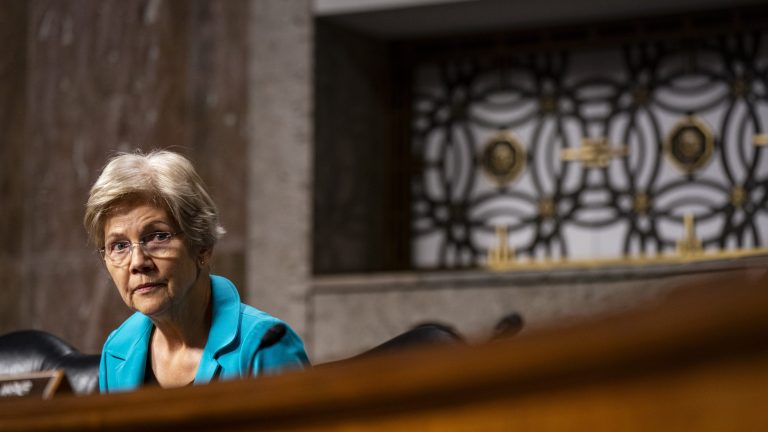The European Commission (EC) has opened an antitrust investigation into US-based glass-maker Corning, claiming that its Gorilla Glass has dominated the mobile phone screen market due to restrictive deals and licensing.
Corning's shatter-resistant alkali-aluminosilicate glass keeps its place atop the market, according to the EC's announcement, because it both demands, and rewards with rebates, device makers that agree to "source all or nearly all of their (Gorilla Glass) demand from Corning." Corning also allegedly required device makers to report competitive offers to the glass maker. The company is accused of exerting a similar pressure on "finishers," or those firms that turn raw glass into finished phone screen protectors, as well as demanding finishers not pursue patent challenges against Corning.
"[T]he agreements that Corning put in place with OEMs and finishers may have excluded rival glass producers from large segments of the market, thereby reducing customer choice, increasing prices, and stifling innovation to the detriment of consumers worldwide," the Commission wrote.
Ars has reached out to Corning for comment and will update this post with response.
Gorilla Glass does approach Xerox or Kleenex levels of brand name association with its function. New iterations of its thin, durable glass reach a bit further than the last and routinely pick up press coverage. Gorilla Glass 4 was pitched as being "up to two times stronger" than any "competitive" alternative. Gorilla Glass 5 could survive a 1.6-meter drop 80 percent of the time, and 6 built in more repetitive damage resistance.
Apple considers Corning's glass products so essential to its products, like the ceramic shield on the iPhone 12, as to have invested $45 million into the company to expand its US manufacturing. The first iPhone was changed very shortly before launch to use Gorilla Glass instead of a plastic screen, per Steve Jobs' insistence.



 Loading comments...
Loading comments...
